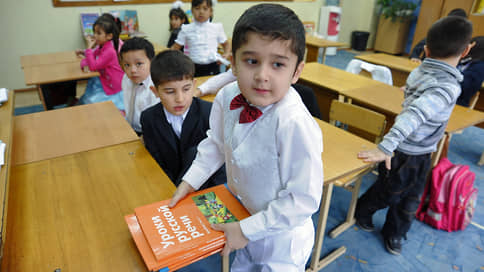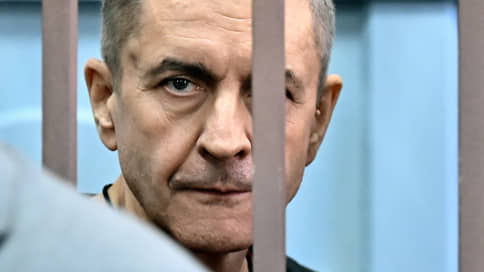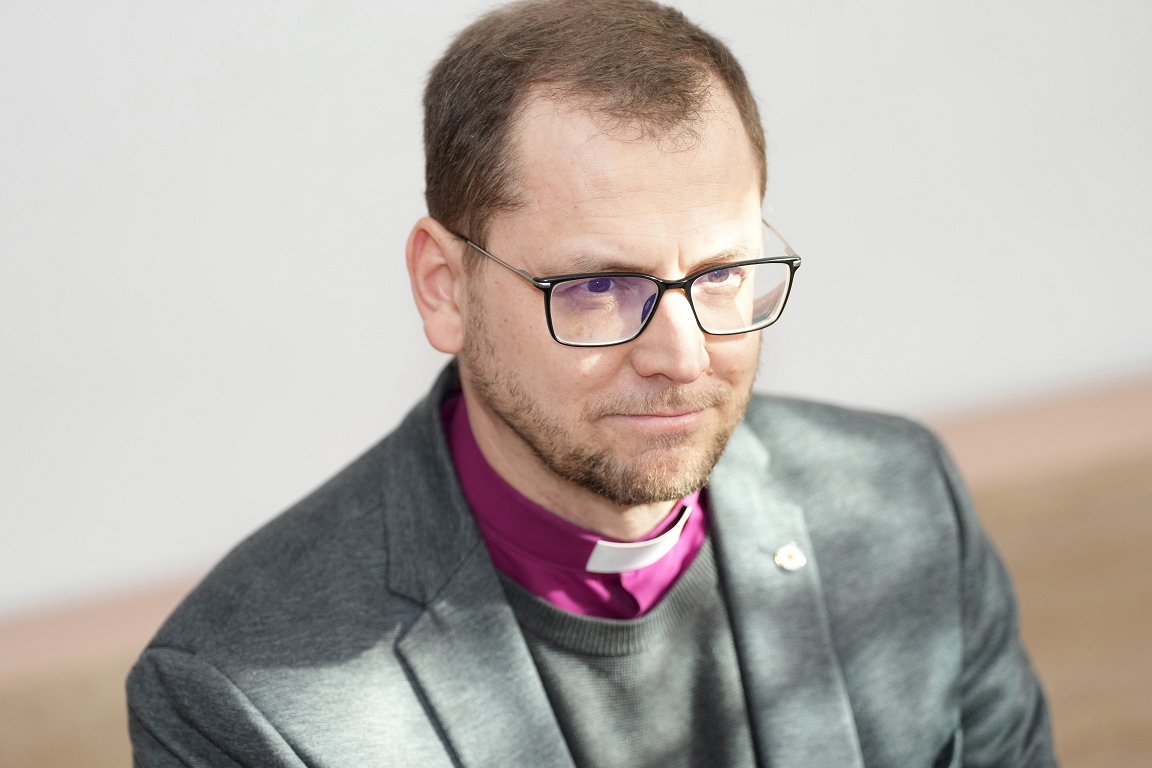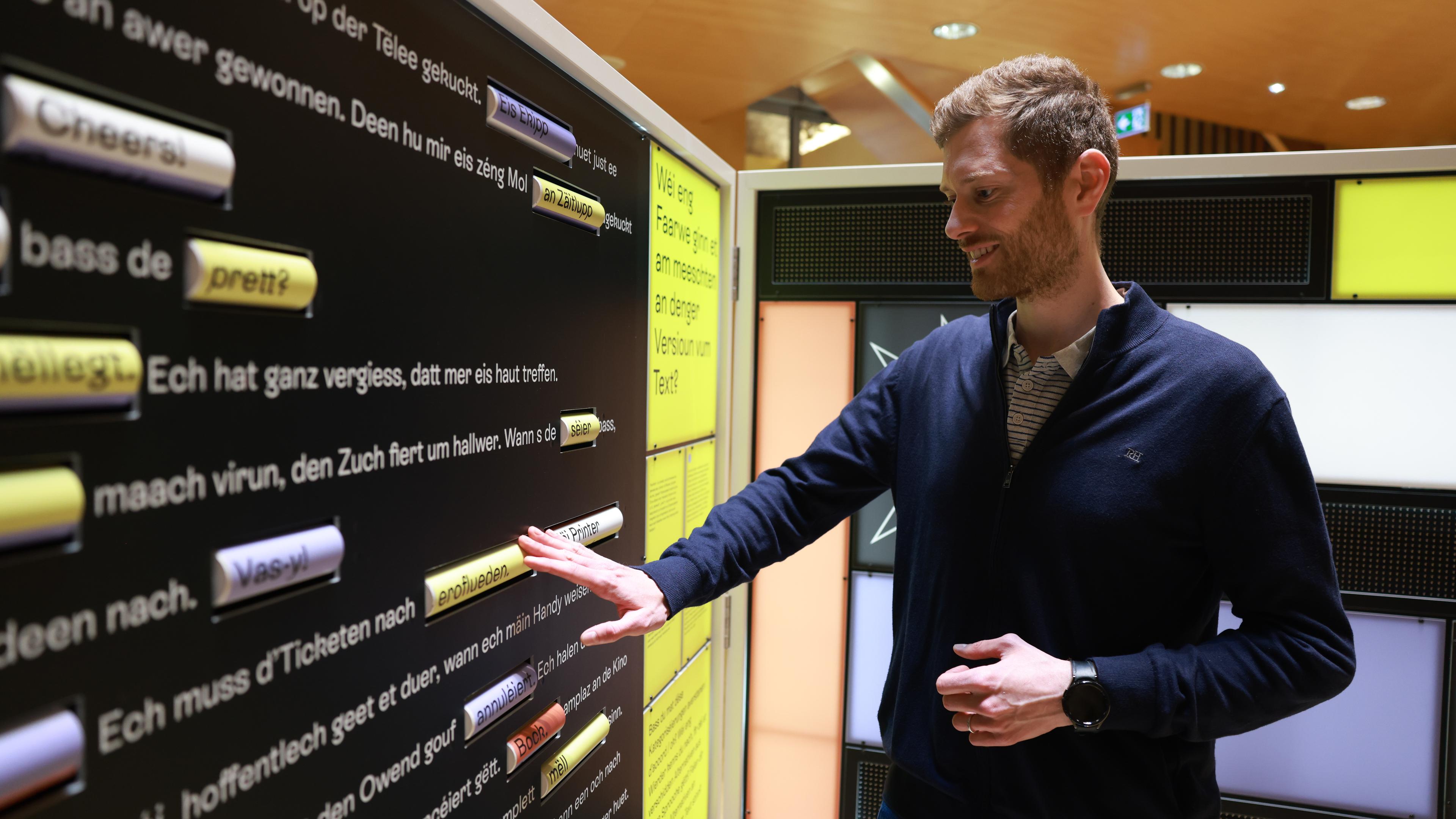Schools stop taking migrant children without dough in the Russian language

From April 1, Russian schools will stop accepting children of foreigners who have not confirmed knowledge of the Russian language. Experts surveyed by Kommersant support the idea of testing, but believe that with such strict criteria « the maximum number of migrant children will be removed from the school and they will go into the shadow. » The head of the HRC Valery Fadeev believes that first you need to find out how many points the average Russian schoolboy will gain, and only then to make requirements for foreigners.
On April 1, the law on the ban on the prohibition of children of migrants without a test in the Russian language confirming the possession of them, which is necessary for the “development of federal educational standards” comes into force. Relevant amendments to the law « On Education » They were introduced in November 2024 by a group of deputies, led by Speaker Vyacheslav Volodin (EP), vice speaker Irina Yarova (EP) and the leaders of all factions. Mr. Volodin stated that, according to him, 41% of the children of migrants either do not know or know the Russian language poorly, from which the quality of teaching the rest of the students suffers. The bill was unanimously adopted by deputies in December.
February 12 Rosobrnadzor The draft order was published, according to which the child who claims to be at least 30% of the maximum points claiming to be at school. Such a level of requirements for applicants for places in Russian schools Caused the discussion: Mr. Volodin, in particular, called the Office proposal to the « devaluation » of the law. As a result, Rosobrnadzor quickly deleted the draft order, calling the publication a “technical error”.
In March, the requirements for testing children of migrants published and The Ministry of Education.
- According to order No. 170, testing should include oral and written tasks for everyone except entering the first grade – they are enough oral form.
- The test is allotted to 80 minutes.
- The procedure should be recorded on the video, and oral answers – « using audio recordings. »
- If the child failed the test, he “has the right to re -pass testing, but not earlier than three months”; During this time, he « is invited to undergo additional training in the Russian language. »
- Those who provide such training are not specified.
Last week Federal Institute of Pedagogical Measurements (FIPI) Published demonstration tests for applicants in grades 1–11. So, the exam for first -graders includes four oral tasks.
- The child must answer questions about age and address of residence; To say who is depicted in the photograph shown to him, what they are doing and what their mood is; Listen to audio recording about the rules of the road and answer, which cannot be done on the roadway of the street and to which signal of the traffic lights you can cross the road; And also name the items shown in the photographs.
- In tests for the second and subsequent classes, the complexity and number of tasks increases; In addition to written, tasks for reading and understanding the text are added.
The demonstration versions indicate the criteria for evaluating test results.
- First -graders for the correct completion of all tasks can get 10 points. At the same time, the “successful passage of testing” corresponds to 9 points.
- Entering the 2–5th grades should score 18 out of 20 points, in the 6–9th grades-20 out of 22, 10-11 grades-22 out of 24.
The press service of the Rosobrnadzor “Kommersant” explained that in fact we are talking about the “Testing-Real” system.
“The maximum score and the passage is not very different,” notes Victoria Adamovich, a teacher of Russian language and literature, who worked with migrants for many years. “First -graders can make one mistake in four tasks. For a child of seven years, this is probably too strict. ” The results will be affected by how they will take the exam, says Ms. Adamovich: how friendly the situation is, how much the one who talks to the child is interested in his answers.
According to the Order of the Ministry of Education, regional educational departments have already established a list of organizations on the basis of which testing will be carried out. Parents or legal representatives of applicants will be able to receive a referral to a specific organization in the school chosen by them. Victoria Adamovich fears that in the organizations responsible for testing may not be enough specialists. The conclusions, in her opinion, can be drawn after the first results, but « it is good that this process at least somehow began to be adjusted: after all, they tried to find themselves before the schools, how to determine the level of knowledge of the language. »
“For a child who is not a native, to gain 18 out of 20 points is an almost unrealistic story,” says Boris Panich, director of the inter-regional resource center for the adaptation of migrants and interethnic relations of the PSP Fund. “A significant number of children of foreign citizens interested in obtaining Russian education will be removed from the school, and they will go into the shadows. If the task is to maximize the number of children of migrants studying in Russian schools, everything is done correctly. But if we want as many children from neighboring countries as possible to know the Russian language, Russian culture, so that they are as adapted to Russian social and cultural realities, then more realistic criteria and mechanisms that allow children who have not undergone a test to increase the level of ownership of the language are needed. ”
The idea of the test “is good in itself,” says Mr. Panich, but it is necessary to help children increase the level of knowledge of the language for free – few parents are ready at their own expense, in his opinion.
“The test is not easy. It is necessary to compare the results of the children of foreigners with how our Russian citizens decide such tests, ”Kommersant said“ Kommersant ”by the head of the Presidential Council for Human Rights (HRC) Valery Fadeev, initially one of the initiators of testing.“ If they pass at 22 of 24, then you can make the same requirement for children to migrants. And if at 15 out of 24, then the minimum score is 15. And in general we need to make a decision which of foreign citizens we need – only excellent students or good and triangles too. ” If we talk about additional teaching the Russian language, it is necessary first of all to help those who have already acquired Russian citizenship: to create special centers, to allocate funds and select or prepare staff. “As for children not citizens, you need to carefully figure out what kind of people are? If the child does not know Russian, why push him to a Russian school? Isn’t it better if he will study at school in his native language in his homeland? » – asks the head of the HRC.







/s3/static.nrc.nl/images/gn4/data133355903-5bc084.jpg)